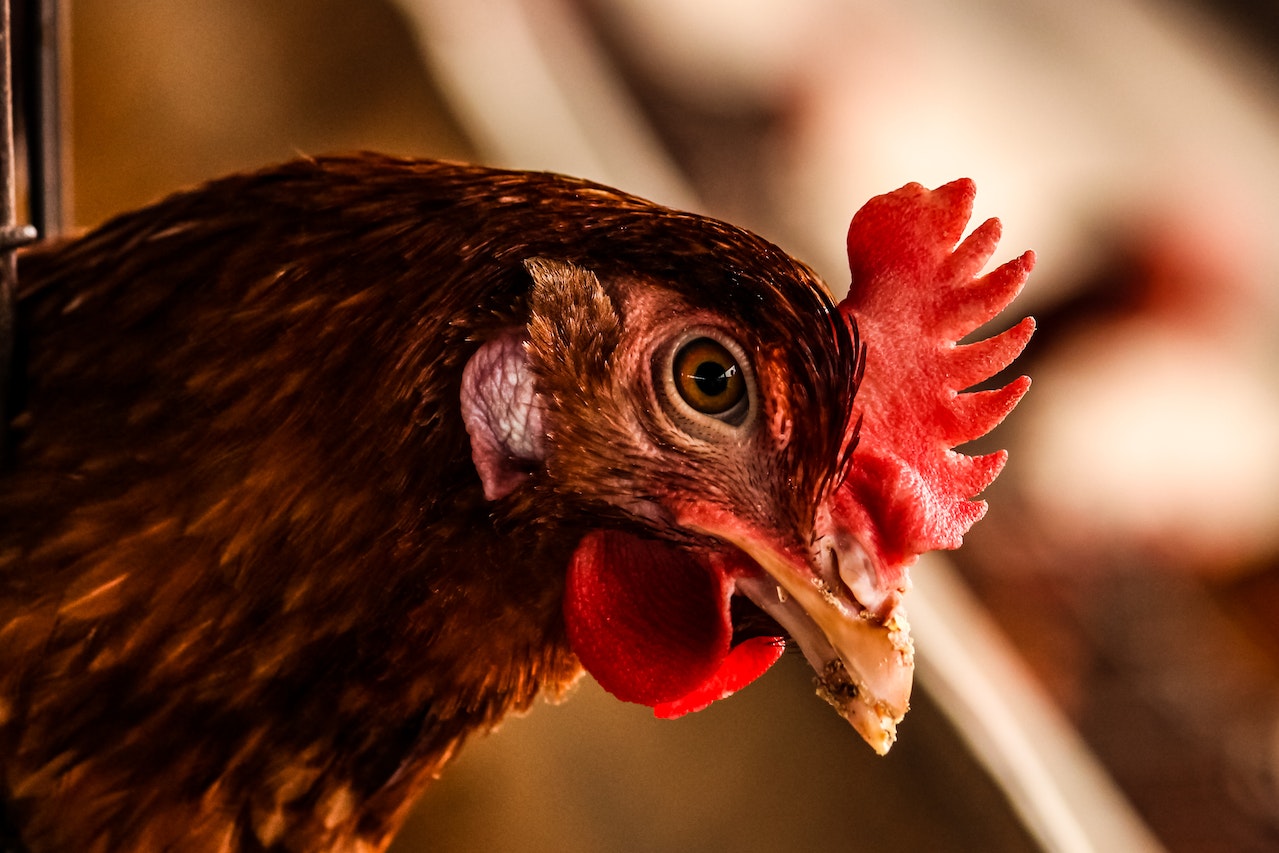Chickens have been considered one of the most fascinating animals since their domestication by humans over 5,000 years ago. They are actually omnivores and can be fed both plants and animal-based foods, as long as they contain the appropriate nutrients and vitamins. Chickens can live up to 10 years, but generally stop laying eggs after two or three years, at which time they are slaughtered. However, there are some things you might not know about chickens that can change your perception of these much-loved birds forever!
1 – Hens are incredible mothers
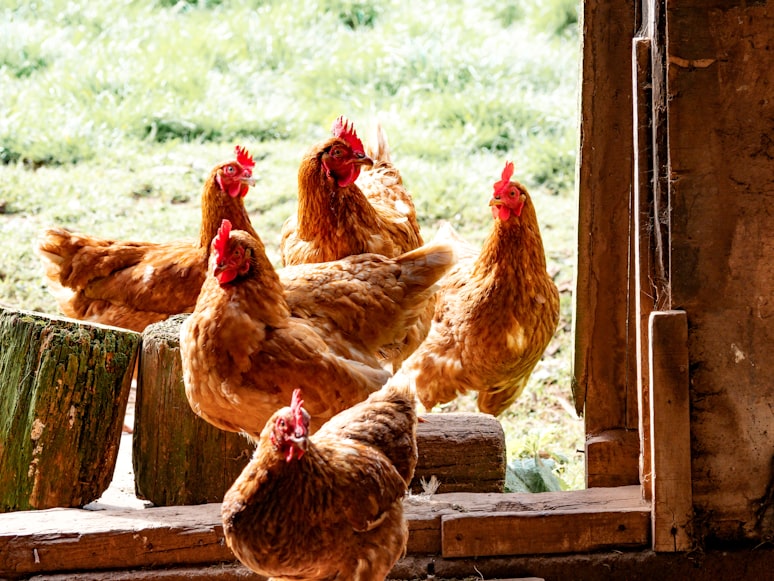
Hens are extremely attentive mothers. They will brood their eggs, keep them warm, turn them and make sure they’re always on the correct side. Hens also produce a special type of milk that is high in protein which helps to develop the chicks’ feathers and bones. When the chicks hatch from their eggs, the hen will lead them to food and teach them how to eat properly. When danger is near, hens will gather their chicks together and lead them into hiding.
2 – They can be trained
Chickens are surprisingly intelligent and can be trained to dance, do tricks, and use a litter box. If you’re interested in training your chickens, they’ll need to be accustomed to being handled from a young age and should be rewarded with food when they perform well.
3 – Chickens have an outstanding sense of smell
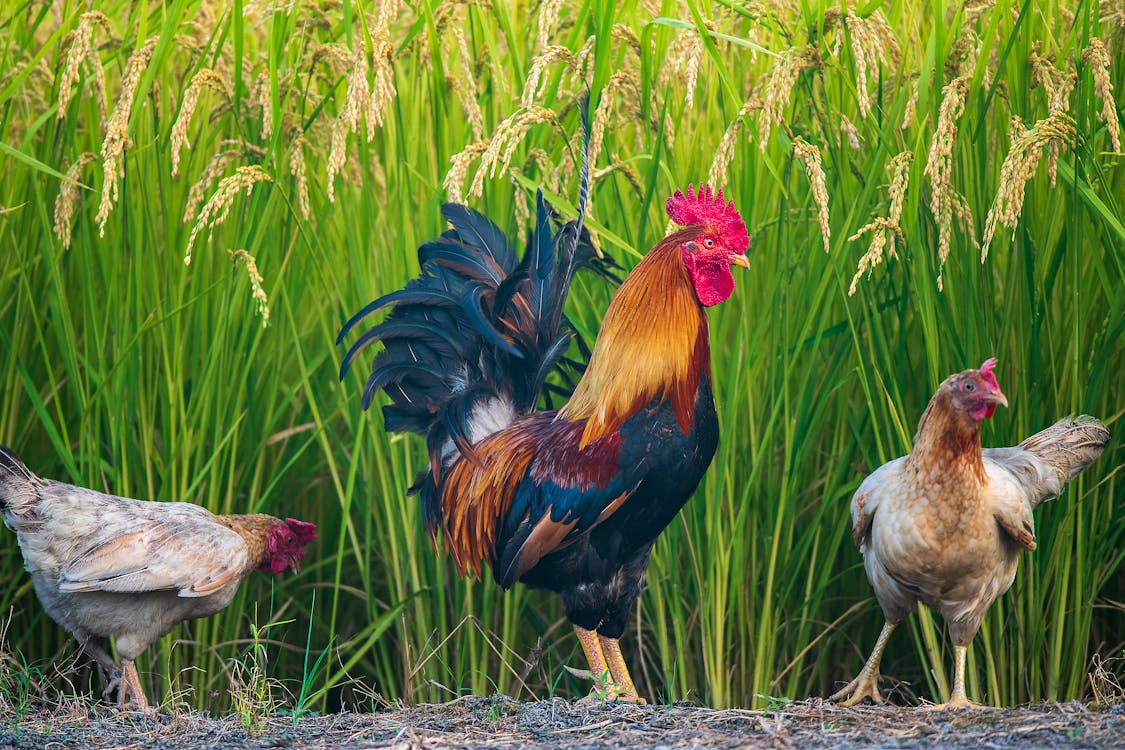
A few other interesting facts about chickens include their ability to smell and sense danger. Chickens can sense a predator from miles away and will make an alarm call to warn the rest of the flock. They also have an outstanding sense of smell, which helps them find food. The odors that emanate from decaying animals or humans can be detected by chickens up to 5 miles away!
4 – Eggs are packed with protein
Eggs are a nutritional powerhouse, and one of the most complete sources of protein. They contain all 9 essential amino acids, in just the right proportions for human health. Plus, eggs are low in cholesterol and saturated fat and are high in vitamins A, D, B12, riboflavin (vitamin B2), selenium, phosphorus and choline.
5 – Roosters have jobs to do
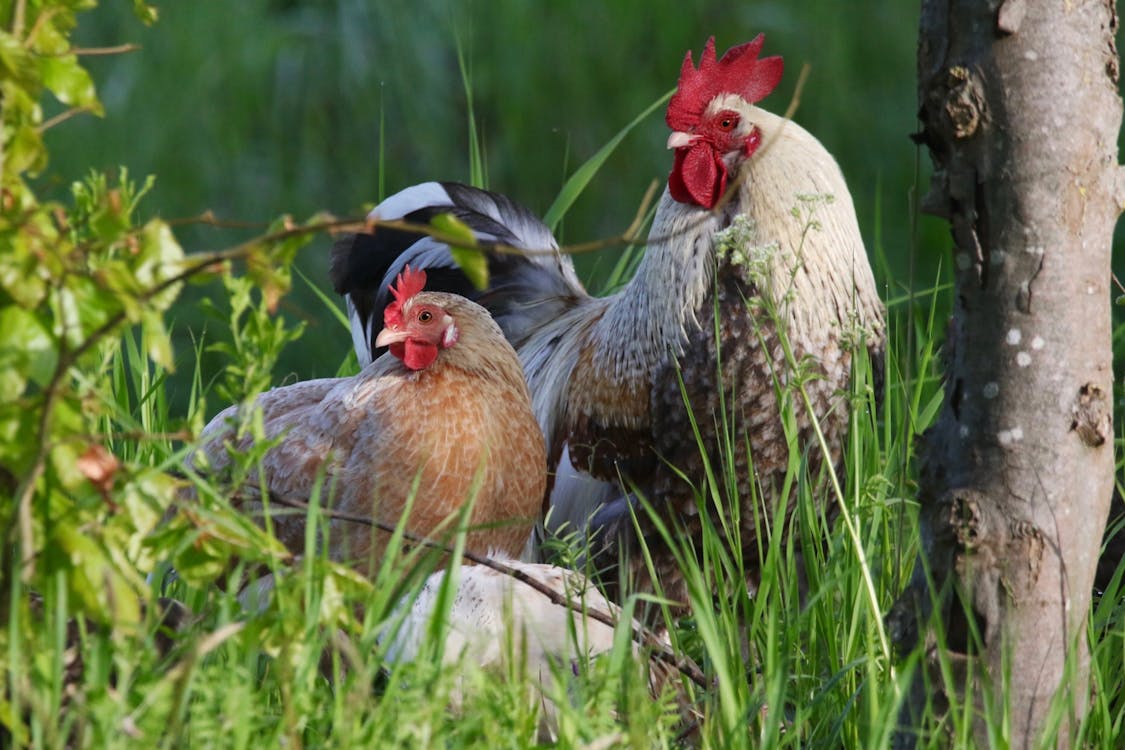
A rooster’s job is mainly to fertilize the hens, but they also serve as watch guards. Roosters will crow at the slightest sound and make sure no one bothers their flock. They are very territorial and won’t hesitate to attack if an intruder steps into their territory.
6 – They cluck away happily for hours
Chickens are noisy creatures. They cluck away happily for hours on end and can easily be heard from a distance. In fact, they’re the loudest animals in the world. On average, they emit around 100-140 decibels! That’s louder than a chainsaw, rock concert or jet engine.
7 – Not all eggs come from chickens
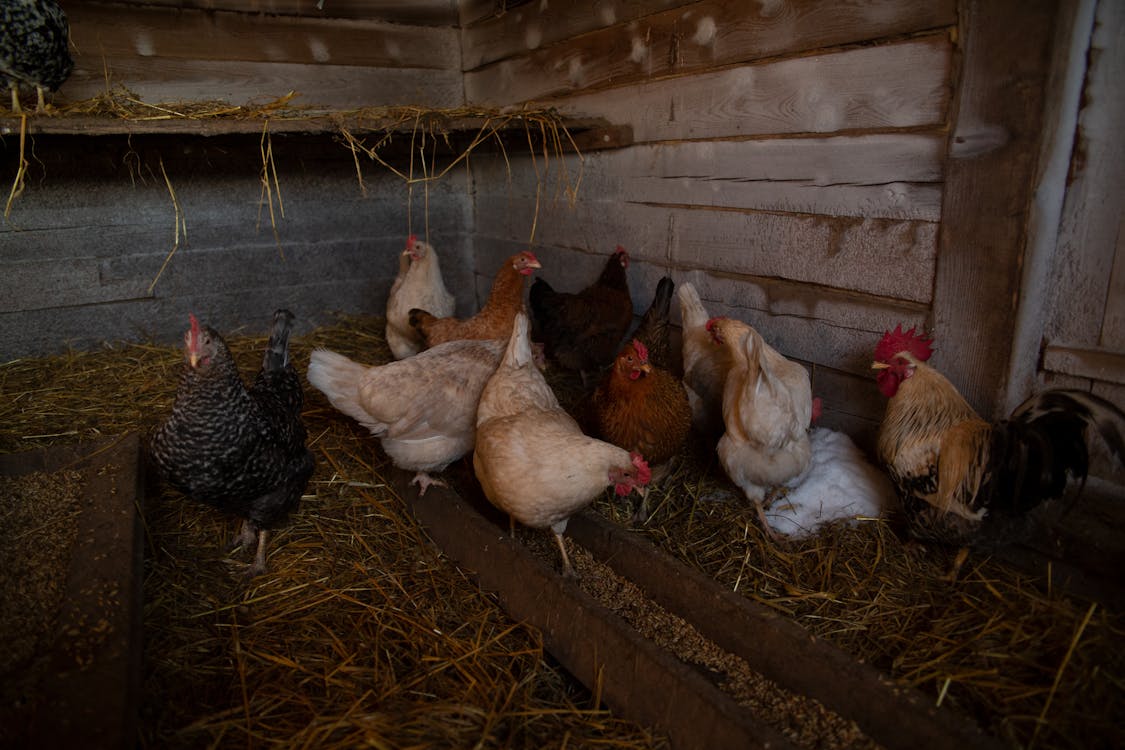
A lot of people are confused about what kind of eggs come from chickens, but the truth is that there are a few different ways in which eggs can be produced. Eggs from chickens only come from laying hens, and they’re typically brown or white in color. However, there are also duck eggs (which come from ducks) and quail eggs (which come from quails). These other types of eggs can be found in grocery stores and usually have their own distinctive colors.
8 – The color of their feathers depends on the breed
The color of their feathers depends on the breed. Some breeds are white, others brown and black, and yet others have mixed colors.
Some breeds are white, others brown and black, and yet others have mixed colors.
9 – They can fly! (but only when they’re very young)
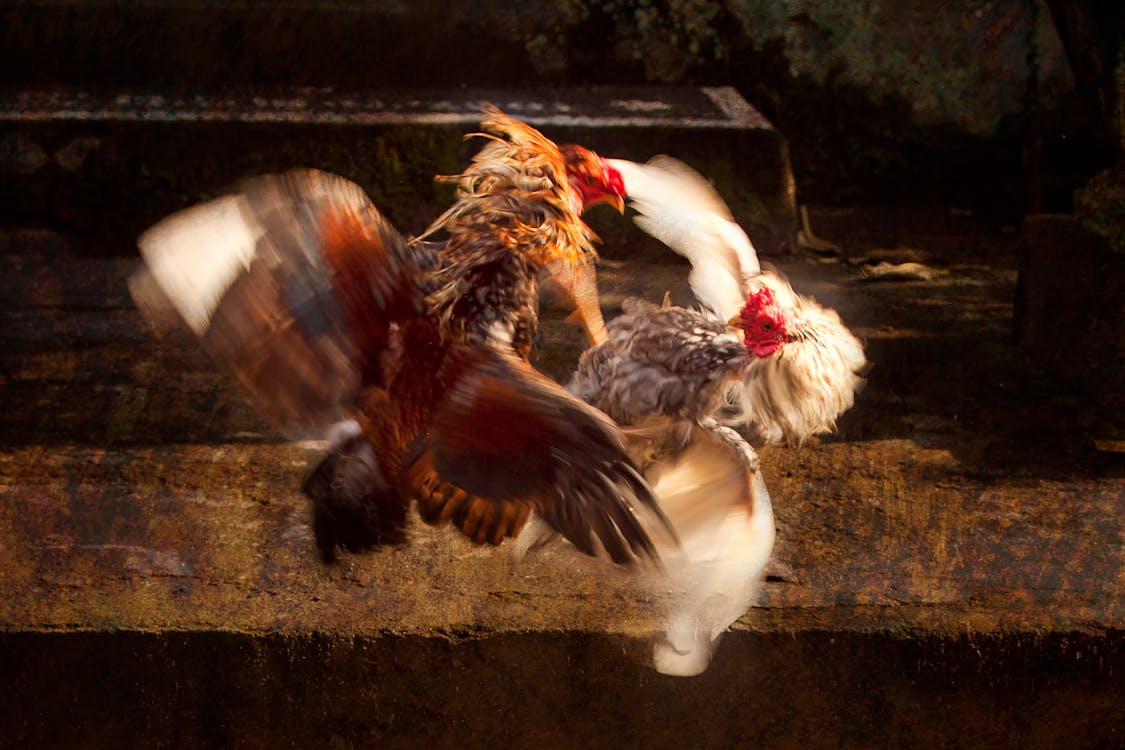
Chickens can fly, but only when they’re very young. At six weeks old, the chickens’ wings are clipped to prevent them from flying away. But before that happens, some chickens have been known to fly up to 10 feet high.
10 – Their cute little peeping sounds alert each other when danger’s near.
Chickens are very clever animals, and they have a complex social system. When danger is near, chickens will make a specific peeping sound to alert the other chickens of the threat. This is one of the many reasons why it’s important for people to leave their hens uncaged so they can live comfortably with their flock.

